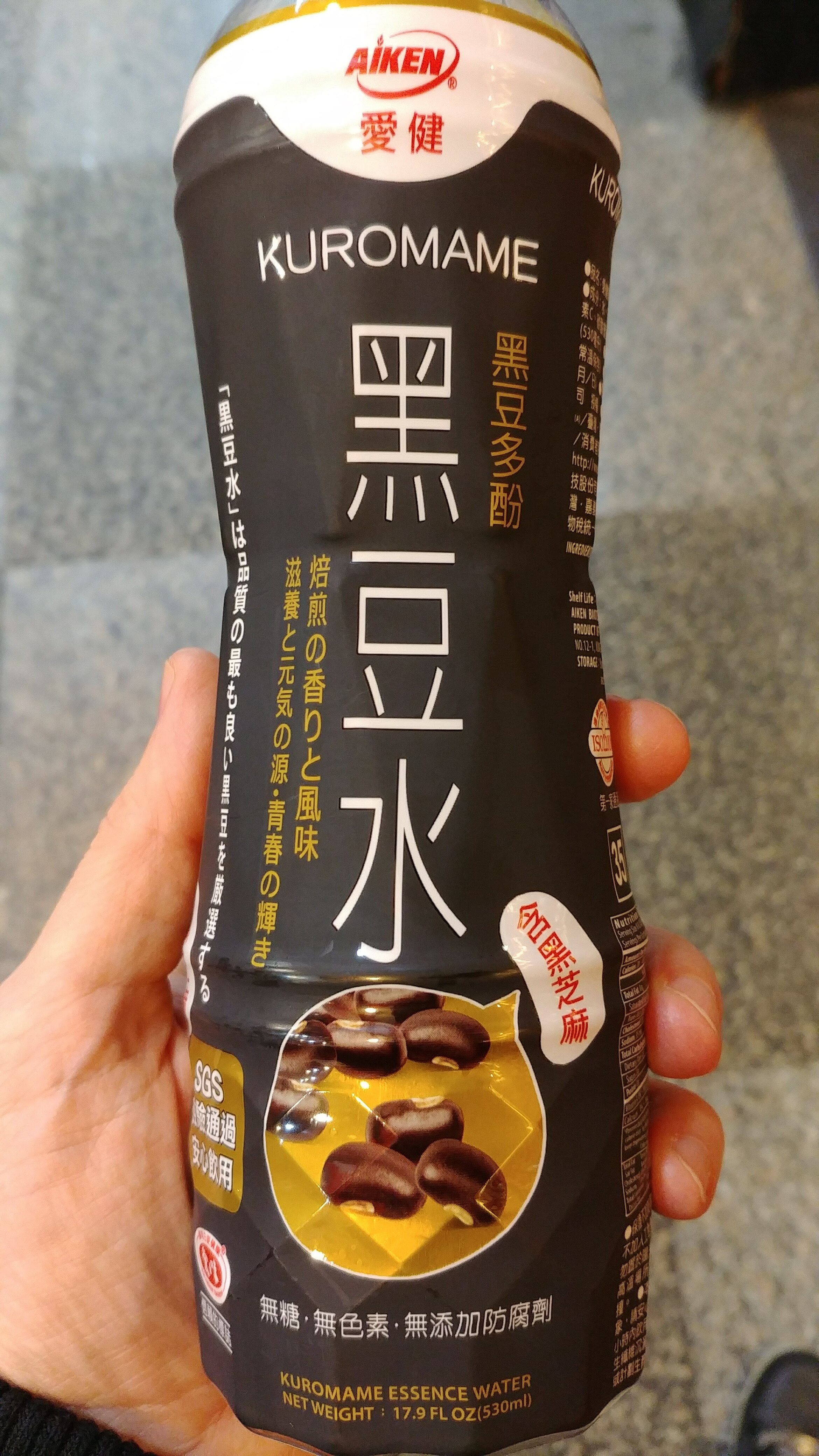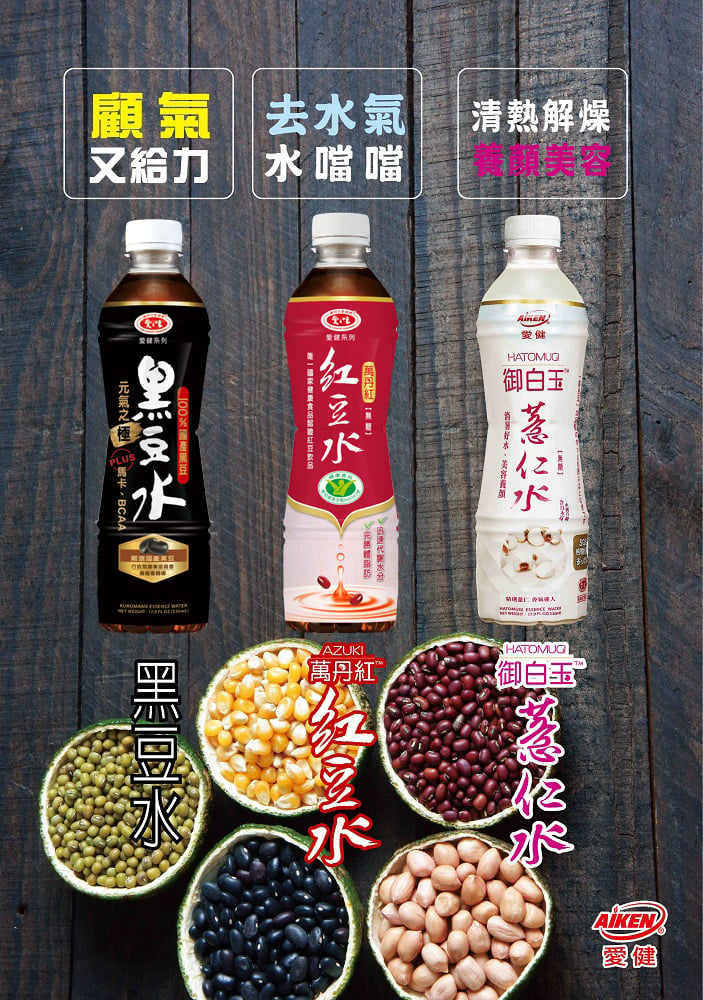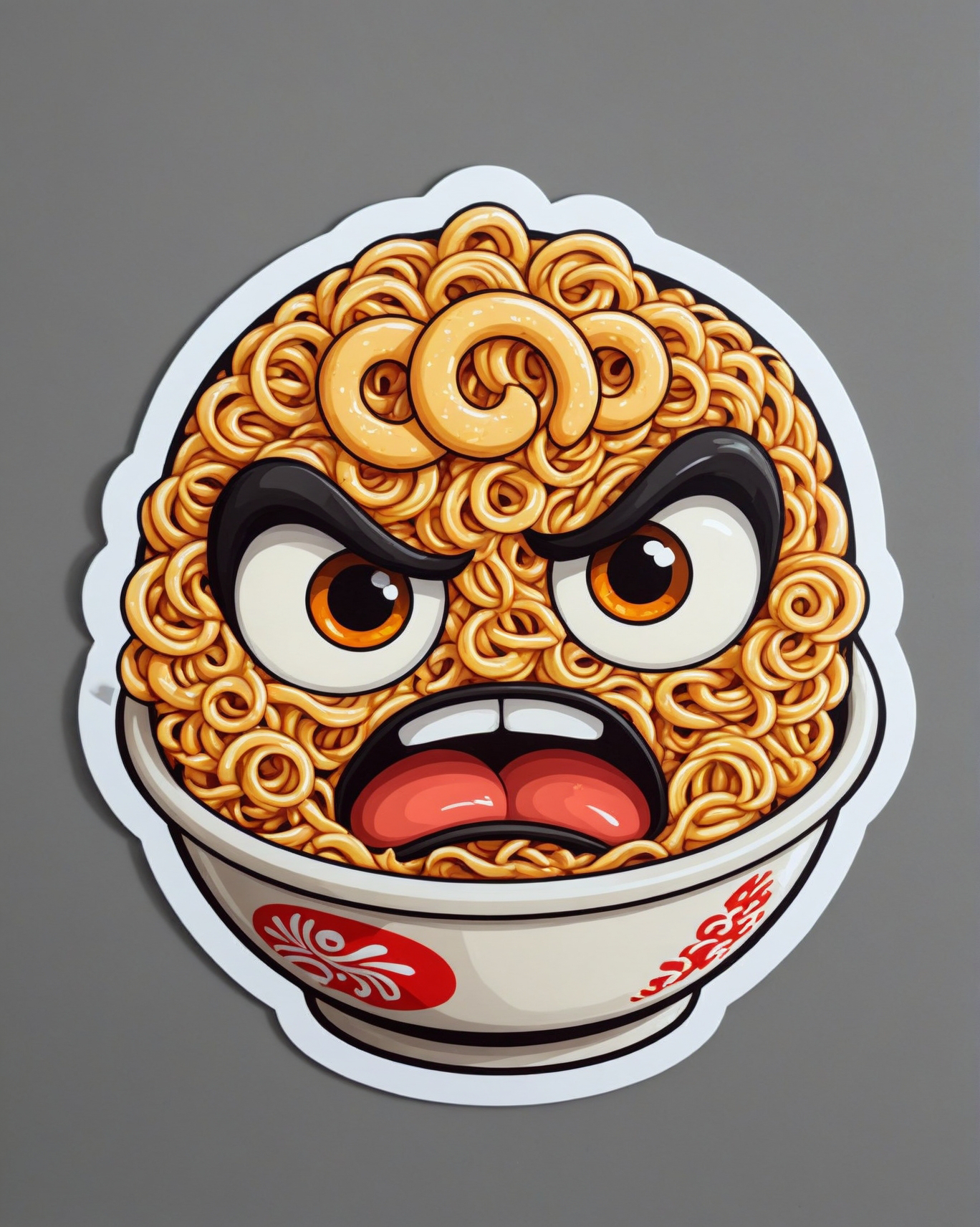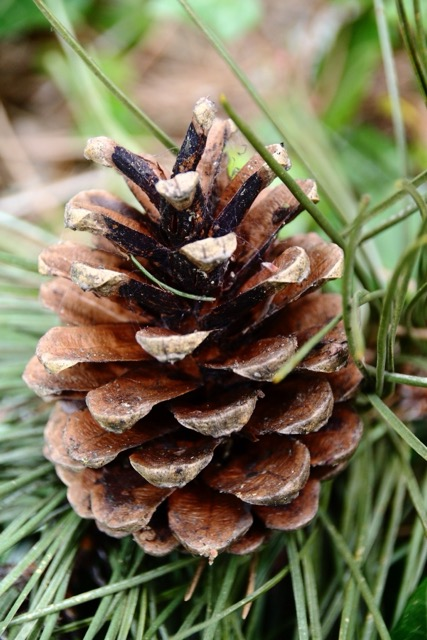Why doesn’t this exist?
Take dried beans, roast 'em, grind 'em, and brew some bean juice?
I have no idea if it would taste good or not, but we don’t know if we don’t try.
Edit: I need to see what dried beans I have and maybe go shopping. I will give this a try with a couple different types of beans and report back if I fart or not.
Coffee is more red/brown than black.
Edit: I need to see what dried beans I have and maybe go shopping. I will give this a try with a couple different types of beans and report back if I fart or not.
Hope you have some alpha-galactosidase at your disposal.
The simplified explanation: A reason beans give some people gas is due to certain types of sugars and carbohydrates they contain. Those sugars are water soluble. Seems like brewing beans would concentrate those sugars and lead to epic tootage.
Also, one method for reducing how much gas that beans cause is to soak them in lots of water. Basically, soak them for up to 8 hours, drain, rinse, and repeat a couple more times. It works on the same principal, that the soaking process will remove at least some of the problematic, water soluble sugars. Supposedly adding a small amount of baking soda helps, too. I’m less certain about that.
Also aren’t kidney beans highly poisonous when consumed dried?
Yes, many beans are, but kidney beans more than most. They need to be soaked and cooked for a significant amount of time to neutralize the toxins.
How bad are the toxins? How sick will they make you?
https://en.m.wikipedia.org/wiki/Kidney_bean#Toxicity
As few as five raw beans or a single undercooked kidney bean can cause severe nausea, diarrhea, vomiting, and abdominal pains.
“Epic tootage”
I think that was a Miles Davis album
I think Alton discusses this on Good Eats, and a long soak doesn’t really make a difference (according to him).
He did have a solution, I just don’t recall. May have been baking soda.
Oh, if Alton said that then it must be true. Who’s Alton?
Alton John, a famous musician who sings about food.
Any relation to Elton? He sings about food sometimes, too.
I told you, Good Eats. I wasn’t ambiguous. And he gives chemistry reasons why.
He has a food chemist that explains things.
So stick it where the sun doesn’t shine.
ITT: Because it would be
 and possibly poisonous.
and possibly poisonous.Coffee isn’t a true bean—it’s more closely related to gardenias.
Interesting, but the all-knowing Wikipedia seems to agree with you:
From https://en.wikipedia.org/wiki/Coffee_bean:
Even though the coffee beans are not technically beans, they are referred to as such because of their resemblance to true beans.
I’m still tempted to try this, though.
Do not do this with dried beans. Most dried beans are toxic and need to be soaked and boiled for about half an hour to become edible.
From the Wikipedia page for kidney beans:
As few as five raw beans or a single undercooked kidney bean can cause severe nausea, diarrhea, vomiting, and abdominal pains.
Just to piggyback on this. The simple truth is that lot of things are just called things because they resemble other things, either in form or function.
Coffee is not a bean; beans come from legumes, coffee fruit seeds are roughly bean sized and shaped.
Cacao and vanilla are also not legumes.
The peanut is a legume like beans and peas, but the it’s fruit treated like a culinary nut.
Cashews are not true nuts. They Grow outside the actual fruit.
Nut milk and butter do not come from mammary glands.
Tea is made for the leaves of the tea plant (Camellia sinensis), which is a shrub or small tree, but many infusions of dried plant matter are often referred to as teas. The Tea Tree (Melaleuca) of oil fame is a different plant entirely. It got its name because some sailors made a ‘tea’ from its leaves after they ran out of real tea leaves.
Currants (genus Ribes) are actually named after raisins. Raisins of Corinth were small raisins that were produced and exported from… well… Corinth. Over time ‘Corinth’ morphed into ‘currant’, they dropped the ‘raisins of’, and the local small dryable fruit started being referred to as a currants too. Eventually, production of the tiny raisins migrated to other parts of Greece and some smart guy thought “Hey! Let’s market these fancy tiny raisins that we are importing from Zante (the greek island Zakynthos) by calling them Zante Currants to distinguish them from the common local currants.
And many “flowers” are not flowers at all. Poinsettia is the first one that comes to mind, but there are lots of them.
Thank you for adding this. Lots of fascinating info. TIL!
chocolate milk?
I strongly suspect that many of these things have already, uh, been tried.
As for those that clearly made it through at least one round of testing, a self-styled “Weird Explorer” has a YouTube series called “That’s not coffee” where he - and occasionally a friend or two - reviews some of them.
Not sure if there’s anyone on there who has tried roasting and grinding other sorts of beans for science though. The closest I can think of is the various creators making tofu alternatives from beans that aren’t soy, which kind of turns the whole thing on its head: Could you make a tofu from coffee beans? (I’m guessing not, but that’s another for-science idea.)
I drank it in Taiwan among other very low sugar juices that I prefer over plain water. It’s just one of many drinks made from ingredients we never thought of, like mushroom drinks and cereal grain drinks. The bean drink must have been forgettable enough that I can’t describe the taste after four years away.


Just wanted to add that tea with black beans, red beans, roasted barley, roasted rice etc are common in Japan. I assume Taiwan has the same, judging from the drinks posted above (the label even says the Japanese name in roman letters).
Barley tea is delicious.
A lot of things in botany have similar names, but are totally different things. A “strawberry” is a berry only by names (it’s closest relative is the hazelnut, IIRC), a “peanut” is no nut, either.
So it should not surprize when one learns that the Cofea plant is a Rubiaceae family plant, not a Fabaceae/Leguminosae family plant, i.e. what we commonly call “beans” like green beans, peas, or, amazingly, peanuts. It is just called a “coffee bean” because it reminded someone back in time of a bean, shapewise.
The question still stands… Where is my hot green bean juice?!
Everywhere if you’re determined.
Have you tried making it yourself? Try roasting and grinding some dried peas or lentils, and report back how you liked that “bean-coffee”. Nobody is going to stop you. Do it FOR SCIENCE!
deleted by creator
A “strawberry” is a berry only by names (it’s closest relative is the hazelnut, IIRC),
Close relatives to strawberries are other similar plants like Sibbaldia. More distantly related are roses and lots of other fruits like raspberries, apples, peaches and so on. Hazelnuts are even more distantly related (not super far, but also not super close). You’re probably thinking of hazelnuts because the small seeds on strawberries are technically nuts.
Not nuts but very close, they’re called “achenes” (ə-ˈkēn). The only Important difference is that nuts have a thick, protective shell but we’re being specific here.
I stand corrected. Somewhere in the back of my mind I had the idea stored that it is closer to the hazelnut than e.g. apples and peaches. I’ll go and refresh my knowledge at the earliest opportunity.
Nonetheless, it’s not a berry.
So if it’s not a bean, what is it? It’s not the fruit, so is it the seed?
IIRC its more like a pit than a seed, but yeah
It actually is the seed of the coffee plant.
You should know that undercooked beans can be poisonous, and it is best to soak them before cooking.
If you do try this please prepare the beans properly first.
Tf?
My elderly relative in Germany used to drink Caro? Carro? coffee. https://en.m.wikipedia.org/wiki/Caro_(drink) Barely, Rye, and Chicory. Chicory, if I recall correctly is still in various things, including Fiber Snack Bars. I had to look it up since I didn’t know what it was and wanted to know if it was bad for me in some way. Turns out, as usual, I should be more concerned about the copious amounts of sugar.
You can actually buy chicory coffee. I used it for a while as a coffee replacement.
Yeah. It’s very popular in Poland among old people. It reminds them their childhood
Username checks out
I didn’t know it is also used in Poland, here in Germany it’s mostly unheard of; other than by a few weirdos like myself.
No it isn’t. Especially Caro Kaffee is a quite well known brand you can buy in every random supermarket.
I guess many GenZ kids wouldn’t know it, but everyone who had a grandparent that lived through the food sparse years after the war would.
I’m 34 and the only one I’d say, that would know much about it
In Poland it was popular as a breakfast drink for children in the 1980/1990s when I was a kiddo
It was common in France until my dad’s childhood, in the 60s. There were commercials for Ricoré (half coffee, half chickory) in the 80s. AFAIK, you can still buy it in all supermarkets.
Chicory coffee is still available in US, it has a history in New Orleans as well.
Because of the taste? While it’s not common to brew a drink with other beans, we eat them all the time, and it’s pretty obvious in doing so that they aren’t flavors that lend themselves to a beverage.
Coffee beans are actually the seed of a more traditional “fruit” (ie, sweet and acidic) rather than a legume like other beans (also technically seeds, but vegetal in flavor, with an entirely different taste and texture). You’re basically just going to get a weak broth from traditional beans.
Similarly, people have tried steeping every type of leaf, plant, and fruit out there in water, but it’s a pretty limited list that remains popularly used for tea, as it’s a pretty limited list (relative to the incredible diversity of plant life) that actually tastes good that way.
People use mushrooms, various roots (like chicory), other fruity seeds, and more to create coffee-like drinks, and/so with the number of people and cultures out there with their own tastes and traditions, it’s a relatively safe bet that if people aren’t drinking it anywhere in the world, it’s because they’ve tried it and it just doesn’t taste good.
We do in some cases, you’ve basically described hot coca for instance. But yeah, you might be onto something, roast up some kidney beans and see what happens.
Wait, are cocoa pods beans? What even is a bean?
Ur a bean
a hooman bean
https://en.m.wikipedia.org/wiki/Bean
Bean is admittedly a bit of a fuzzy term. Coffee beans are not technically beans, and probably wouldn’t be very good in your chili.
Cocoa comes from a seed, not a bean. https://en.m.wikipedia.org/wiki/Cocoa_bean
Coffee is also a seed, not a bean.
Beans are a particular type of seed.
Because we’re not criminally insane.
But since we’re on this fascinating topic, here’s a Youtube video about other things people have tried to substitute for coffee during the American civil war. (Hint: not beans.)
This is/c/nostupidquestions though
But not /c/nostupidanswers.
Maybe impolite ones?
Maybe!
Instructions unclear, made chili
coffee is a seed, not a bean, pulse, or legume.














